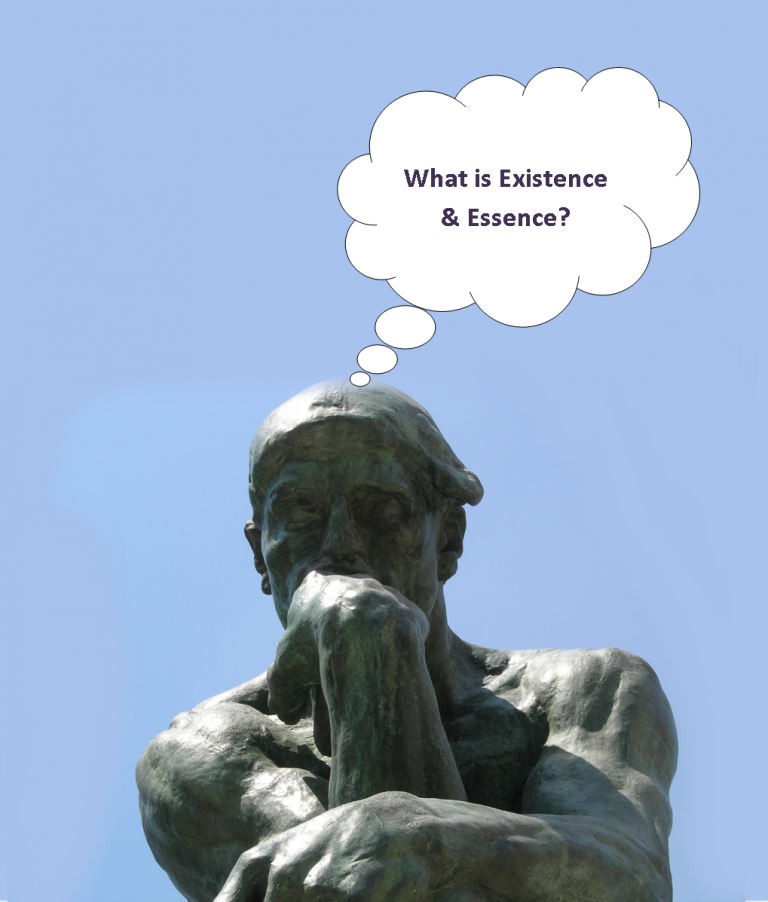
Halloween, today it’s that time of year! The day of the year folkloric and pop cultural villains coalesce under this pagan commercial holiday. Dressing up on Halloween isn’t just for kids the adults do it too; but instead of knocking on doors for sweets the adults, particularly young adults, commonly dress up as their favourite characters and go to parties.
NOW HOLD ON… what has dressing up on Halloween have to do with existentialism? Everything! Existentialism is all about the individual human being and how they think, feel and act in an otherwise meaningless universe. This philosophy allows extensive commentary on all things featuring human individuals even if it’s not that important. Its approach is far more relaxed than to adhering to a system of elaborate methods and concepts again, existentialism is focused more on the experience and being of the existing individual.
The phenomena in Halloween that draws the existentialist’s attention is said dressing up but the focus is not just the simple act of adopting a costume but the recreational escapism in adopting an identity that one is not. Through existentialist lens I’ll attempt to touch on this public event.
To set the stage we must briefly visit ancient Greece. In those days theatre actors would wear masks called personas and act out a character that was not of their own; they had to go out of character in order to fulfil their jobs as actors. These days the spirit of the persona still abounds, it’s this out of character, this adopting a new identity, this marked change in behaviour that comes about with it, this state of mind what I call the persona.
The fact that in Halloween all these people are wearing a huge range of different costumes translates to a huge range of different personas able to be witnessed by the existentialist observer. Go to a Halloween party and nobody wears the same costumes like the smurfs, unless it be a smurf convention! Halloween seems to turn the gauge up away from the de-individualism of daily life to an opportunity to express the individualism of individuals.
All those participating in Halloween find themselves situated to have the choice in self making themselves. On one day of the year made possible because firstly these participants exist and secondly they are historically situated in being present for Halloween. After those preliminaries then they have the freedom to choose their persona.
On Halloween, the social norm grants them to have the freedom to be something other than their ordinary selves. Clothing their person as a fictional character offers them the freedom to forget themselves, a break from vocations, respite from anxieties and even freedom away from their own names!
The choice of character assumed should be noted as these Halloween enthusiasts probably are assuming the role of an ideal self that can never be attained in reality, they say ‘wouldn’t it be awesome to dress up as superman and be treated as such?’; This is known as LARP. Going through all that trouble to think on who to be, decide on it, grab that costume, wear it and to ultimately assume the persona (with some LARP mixed in maybe) is indicative of a strong approaching behaviour bounded with the promise of rewarding experiences. You don’t have to be Sherlock Holmes to realise that fun is the main element here; I get it.
I’ll journey into an existentialist critique of Halloween, alright the bit about dressing up and the personas are a freedom, yet at the same time, it’s anti-authenticity. In existentialism, authenticity is about true self, owning up to who you really are, acting with originality and not adopting a persona. What is also not authentic is social conformity and Halloween, in regards to the many personas, is not social conformism but despite that it’s still not individual authenticity either because dressing up as a vampire from twilight is not individual authenticity, as you’re not truly representing yourself by being a fictional character and so you have the escapism, a running away from the true self, even if it’s recreational; I am not making a moral judgement I’m only saying what Halloween is not, from an existentialist perspective, about promoting authenticity.
Alas it does not last the spooky holiday is over and the vocations take over; it’s all back to the religion of daily labours.
…All this granted by a yearly situation!

